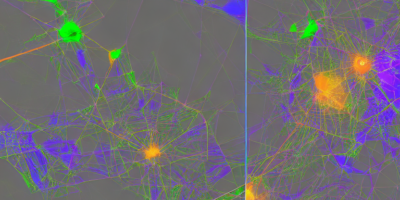In this paper, we investigate how information disclosure can affect behavior by a large population of selfish agents in the context of stealthy spreading processes. The authors aim to determine when and how signalling schemes can help reduce infection prevalence through Bayesian persuasion and population games.
To understand this problem, imagine a group of people trying to contain an infectious disease. In this situation, individuals must decide whether or not to adopt protective measures, such as wearing masks, based on the risks and incentives they face. Centralized approaches, which rely on optimal and predictive control strategies, may not be scalable for large populations.
The authors propose a framework that combines Bayesian persuasion and population games to analyze how information disclosure can impact behavior. They show that by appropriately designing signaling schemes, it is possible to reduce infection prevalence. However, the effectiveness of these schemes depends on various factors, such as the level of cooperation among individuals and the frequency of interactions between them.
In summary, this paper addresses a crucial problem in controlling the spread of infectious diseases or other harmful phenomena by exploring how information disclosure can influence behavior in decentralized settings. By combining theoretical insights from Bayesian persuasion and population games, the authors provide valuable insights into the design of signalling schemes that can help reduce infection prevalence. Their findings have important implications for policy makers and public health professionals seeking to contain the spread of infectious diseases in a scalable manner.
Electrical Engineering and Systems Science, Systems and Control
Designing Signaling Schemes to Reduce Infection Prevalence in Selfish Agents



